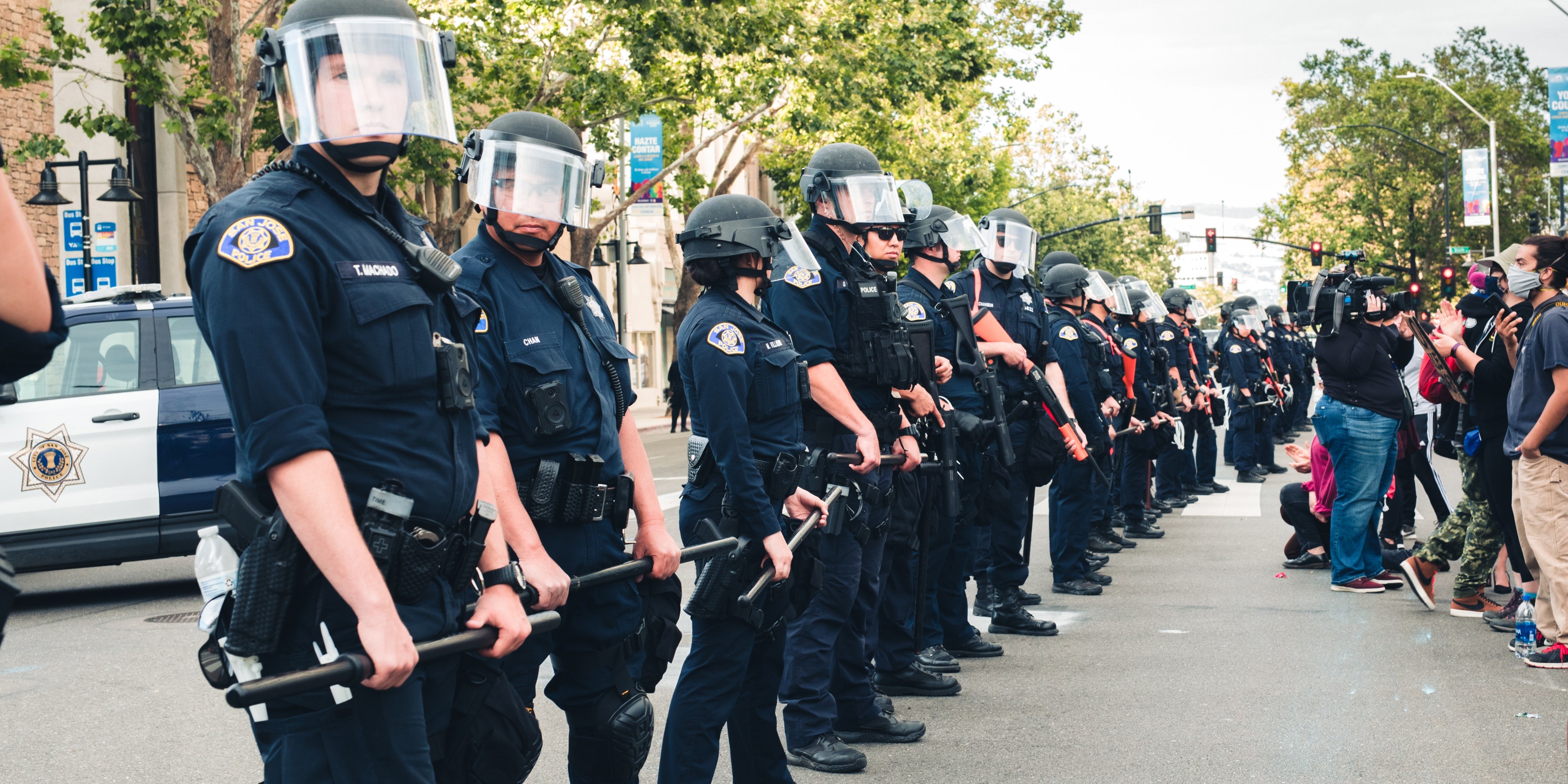Police Departments Can Turn Down Recruits With High IQs — Why We Need Smarter Officers
Can better education for law enforcement save lives?
 HKalkan / Shutterstock
HKalkan / Shutterstock In the aftermath of former Minneapolis police officer Derek Chauvin’s sentencing for the murder of George Floyd, calls for meaningful police reform are being only faintly answered.
Congress is now in recess with only a “framework” for police reform and no decisive action on the George Floyd Justice in Policing Act of 2021.
Police training — or lack thereof — has been central to the conversation about how to better equip officers to serve and protect the public.
But is there a way to ensure only the most capable police recruits make it into training academies?
Some think a good way to start would be by altering the current approach police academies take regarding intelligence and education.
Is there an IQ limit or max for police?
The somewhat sensationalized idea that police academies and departments don’t allow people with high IQs into the force occasionally pops up in debates around police reform. And though the belief is not entirely accurate, it’s not wrong either.
There is no official or universal bar or cutoff for IQ squares across the nation, but in at least some states, it is legal for police departments to reject applicants who score "too high" on intelligence tests.
But there’s limited evidence to prove that they do.
In 2000, the 2nd U.S. Circuit Court of Appeals in New York upheld the city of New London, CT's ;decision to reject Robert Jordan as a candidate for the police force after he scored 33 points, or the equivalent of a 125 IQ, on their qualifying exam.
At the time, the national average IQ score for police nationally was 21 to 22, the equivalent of a 104 IQ, which is considered just above average. In contrast, Jordan's IQ of 125 is classified as either well above average, high, or superior, depending on which of the various IQ scales are being used.
The federal lawsuit Jordan filed against New London asserted that the police force only interviewed candidates who scored 20 to 27, claiming that those who score too high may grow bored with police work and leave shortly after training, wasting the city's financial resources.
But police work is complex and requires high levels of critical thinking. Though police often need to be rapid and decisive in their decision-making, there must also be space for nuance.
Is a force composed almost entirely of people with average IQ scores capable of the complexity of policing?
Should being a law enforcement officer require a college degree?
Police training as it exists currently may not be the best way to ensure new recruits have — and are capable of using — vital critical-thinking skills.
Hence, some states, including Illinois, New Jersey and North Dakota, require officers to have completed at least two years of college education or an equivalent. These states are also all in the bottom 11 of those with the lowest number of police killings.
The logic behind these requirements is that the brain is not fully developed until into your twenties, meaning young police recruits may not have vital cognitive capabilities in the early years of their career.
Research also shows that college-educated officers are more likely to embrace changes, particularly in relation to policing methods. So having better-educated police may be vital in building a dynamic, adaptable police force.
This concept is not new.
The 1967 President’s Commission on Law Enforcement and the Administration of Justice recommended that all police officers nationwide have a bachelor’s degree by 1982. That recommendation, however, has not been met.
Why police officers need more education.
Highly educated law enforcement officers are 40% less likely to use force in their policing and 30% less likely to fire the weapons in the line of duty.
They are also 40% less likely to lose their jobs because of misconduct.
The assumption is that these officers are better at problem-solving and de-escalating encounters without resorting to violence. This makes for more satisfied, safer communities.
Community policing should mean police work with their citizens rather than taking a combative approach.
Building crucial problem-oriented policing is necessary to protect both police and communities from violent crime.
Alice Kelly is a writer living in Brooklyn, New York. Catch her covering all things social justice, news, and entertainment. Keep up with her Twitter for more.

